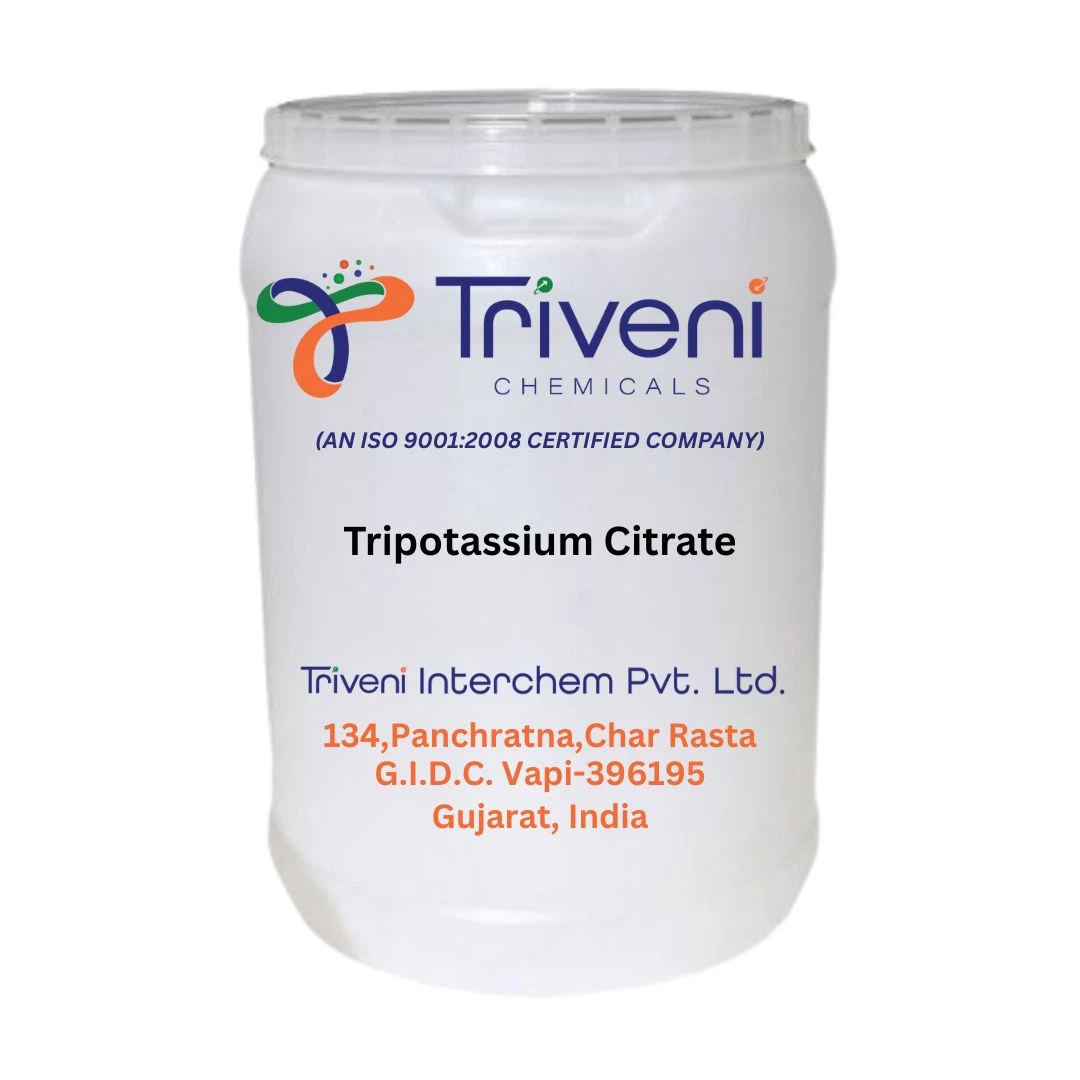Nephrolithiasis, or kidney stones, are a common and frequently unbearably painful illness that affects millions of people worldwide. When particular chemicals, such as calcium, oxalate, and uric acid, become concentrated in the urine, these tiny, hard mineral deposits develop in the kidneys. Although the precise aetiology of kidney stones can..
Nephrolithiasis, or kidney stones, are a common and frequently unbearably painful illness that affects millions of people worldwide. When particular chemicals, such as calcium, oxalate, and uric acid, become concentrated in the urine, these tiny, hard mineral deposits develop in the kidneys. Although the precise aetiology of kidney stones can differ from person to person, certain diseases, dehydration, an oxalate-rich diet, a family history of kidney stones, and other variables can raise the chance of their occurrence. Kidney stone production can be a silent process, with no symptoms until the stones begin to move through the urinary canal. One of the most excruciating pains a person may feel is caused when a stone tries to pass through the ureter, the small tube that connects the kidney to the bladder. In addition to other disturbing symptoms including nausea, vomiting, and blood in the urine, this intense sensation, commonly known as renal colic, can extend from the lower back down to the groyne area. A medical history, physical examination, and imaging tests like CT scans or ultrasounds are typically used to make a diagnosis. The size, location, and intensity of symptoms of kidney stones determine the best course of treatment. Larger stones may need more intrusive procedures, such as lithotripsy (breaking the stones into smaller pieces with shock waves) or surgical removal. Small stones may pass naturally with increased fluid intake and pain management. Kidney stone management requires prevention, which frequently entails lifestyle changes. The risk of stone formation can be decreased by drinking plenty of water, eating a balanced diet with few oxalate-rich foods, and maintaining a healthy weight. Individuals can also reduce their risk of having kidney stones by being aware of their risk factors and closely collaborating with a healthcare professional. A person's quality of life may be greatly impacted by kidney stones, which are a painful and disturbing ailment. While kidney stones can cause terrible pain and anguish, quick medical care and correct management can offer relief and lower the likelihood of recurrence. Early intervention and prevention education are essential for assisting people in avoiding the pain of kidney stone formation.



